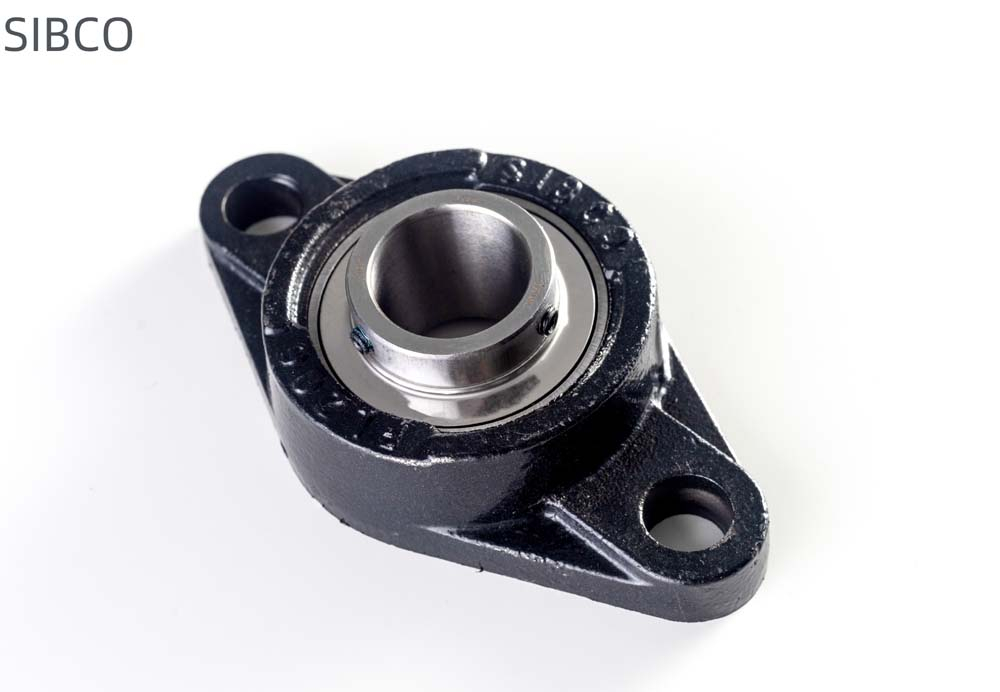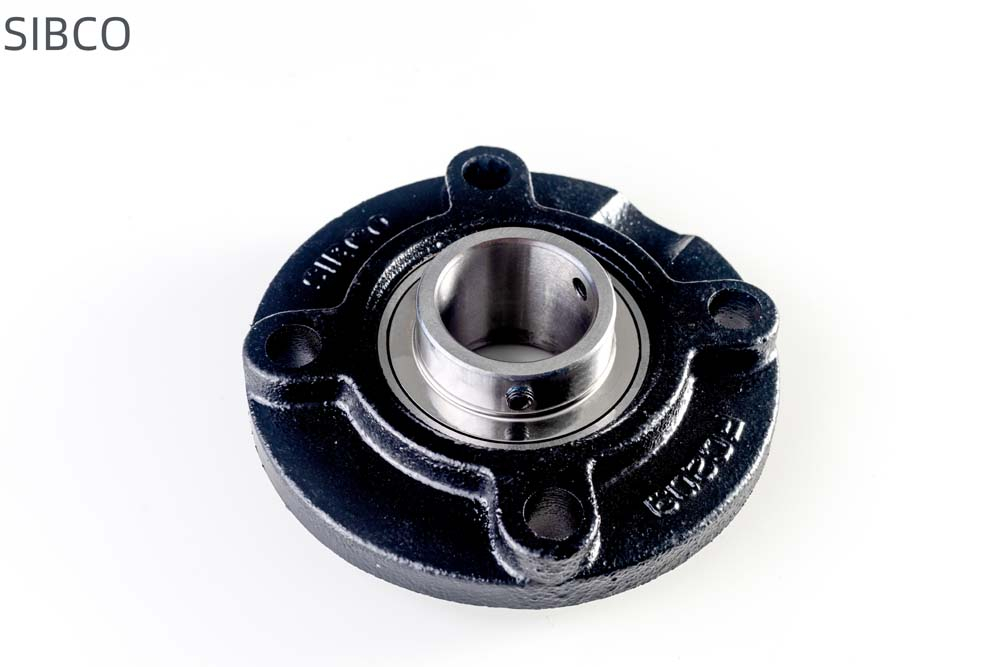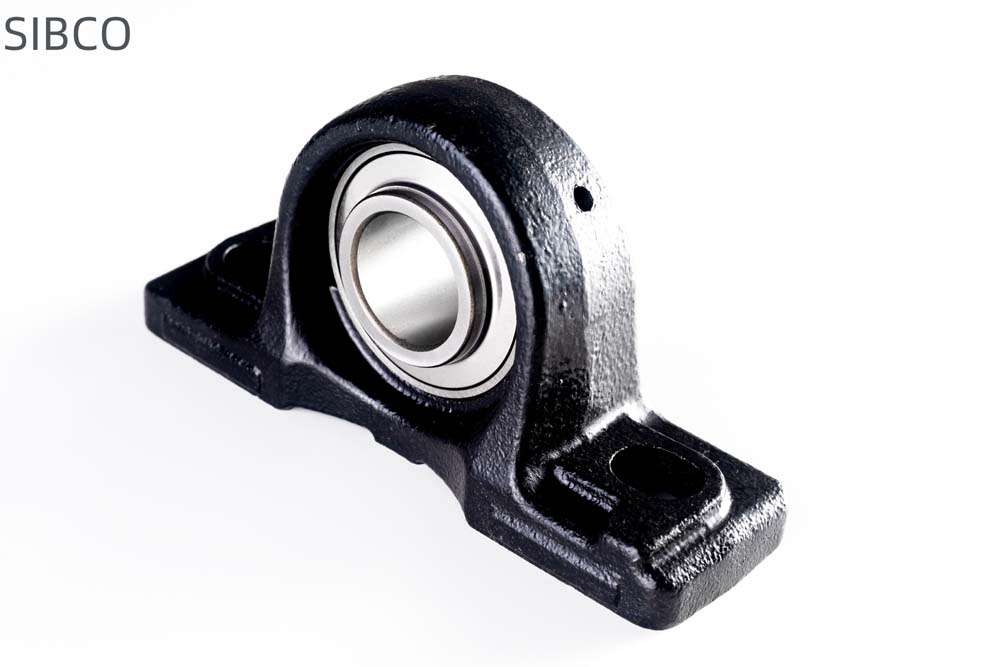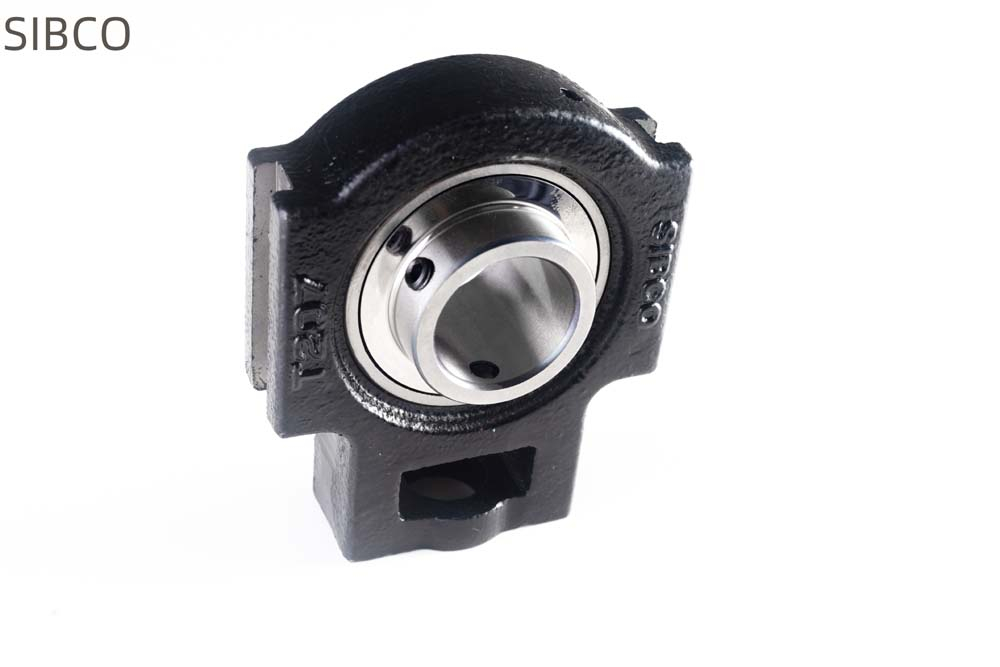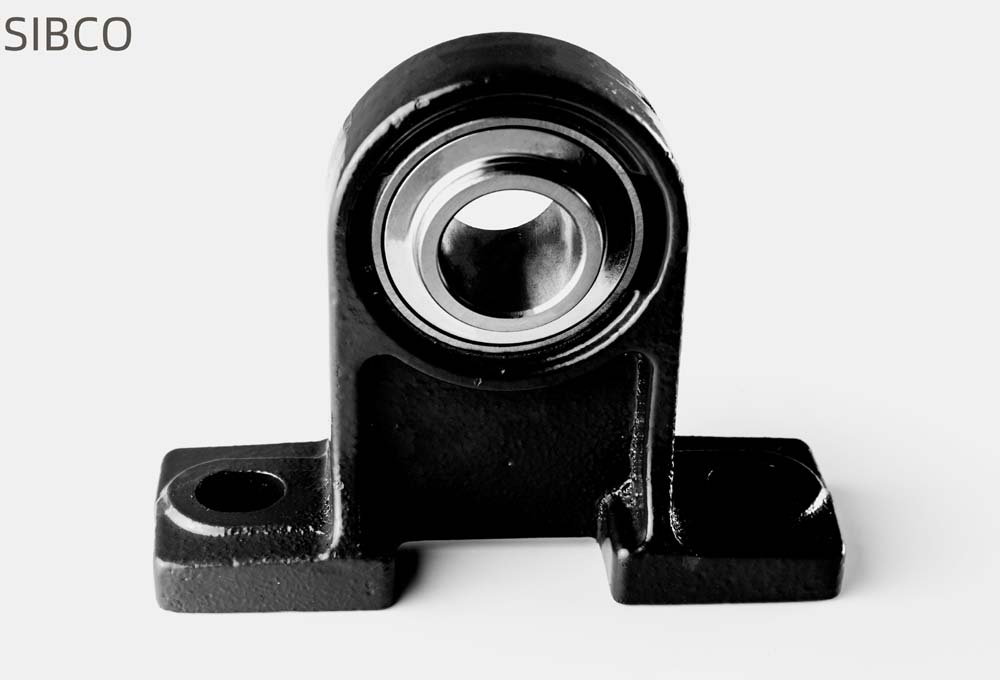Reasons for the noise generated by rolling bearings
Release time:2025-05-07 hits:0次
1. Rolling sound of imported bearings
Rolling NSK bearing noise is a type of noise generated by the bearing itself, which is referred to in this article as [58 Bearing Network] http://58bearing.com Please indicate the source when reprinting. The inherent noise of bearings; Another type is the noise generated after the installation of the bearing, which is unrelated to the noise of the bearing itself By listening to the sound, some problems can be analyzed. a) Inherent noise: raceway noise "Various bearings and rolling friction sounds (cylindrical roller bearings) are inherent sounds of rolling bearings." raceway noise is generated by the elastic characteristics of the rolling elements when they come into contact with the raceway. When the bearing rotates, the rolling elements roll on the raceway and emit a continuous and smooth sound; Abnormal rolling friction noise can produce uncomfortable metal friction abnormal sounds such as "creak, creak", which will not be produced when well lubricated. Therefore, it is not a problem in general, and attention should only be paid to it after the noise increases. b) Noise related to bearing manufacturing: including cage noise and vibrato. Cage noise mainly occurs in ball bearings and tapered roller bearings. When the bearing rotates, it will produce sound due to the vibration of the cage and the collision between the cage and the rolling elements. This sound has periodicity. vibrato (various bearings) is a sound with a certain frequency, which is caused by the vibration of large ripples on the raceway surface. c) Noise caused by improper use: for all types of bearings. Existence. When the surface of the NTN bearing raceway or rolling element is damaged by collision If there are pits and rust, there will be periodic noise and vibration When dust invades the bearing during operation, it will produce dirt noise This type of noise is non periodic and also accompanied by vibration. Its sound intensity is not fixed and varies from time to time
2. Vibration of bearings
The vibration of FAG bearings has a significant impact on bearing failure For example, peeling, indentation, rust, cracks, wear, etc. can all be reflected in bearing vibration detection. Therefore, by using special bearing vibration measurement devices (frequency analyzers and vibration meters, etc.), the size of the vibration can be measured. The specific situation of abnormal vibration can be inferred from the frequency distribution. The measured values vary depending on the use conditions of the bearing or the installation position of the sensor. Therefore, it is necessary to analyze and compare the measured values of each machine in advance to determine the judgment criteria
3. Temperature of bearings
Usually, the temperature of SKF bearings gradually increases with the start of operation and reaches a stable state after 1 to 2 hours The normal temperature of bearings varies depending on the machine's heat capacity, heat dissipation, speed, and load If lubrication and installation are not appropriate, the bearing temperature will rise sharply, resulting in abnormal high temperatures. At this time, the machine must be stopped and necessary preventive measures must be taken
4. Lubricant
Lubrication has a significant impact on the fatigue life, friction, wear, temperature rise, vibration, and other aspects of rolling TIMKEN bearings. Without proper lubrication, the bearings cannot function Analysis of the causes of bearing damage shows that about 40% of bearing damage is related to poor lubrication Therefore, good lubrication of bearings is an effective measure to reduce bearing friction and wear In addition, lubrication of bearings also plays a role in heat dissipation, rust prevention, sealing, and shock mitigation To ensure that the lubricant does not expire, the selection must be correct The lubrication of harvester bearings is divided into two types: oil lubrication and grease lubrication. GL-5 80W90 gear oil is selected for lubricating the gearbox of large models; Molybdenum disulfide lithium based grease is generally used for grease lubrication, and Mobil XHP222 or better grease must be used to lubricate the lower device of the torque converter continuously variable transmission
 SIBCO Bearing
SIBCO Bearing
